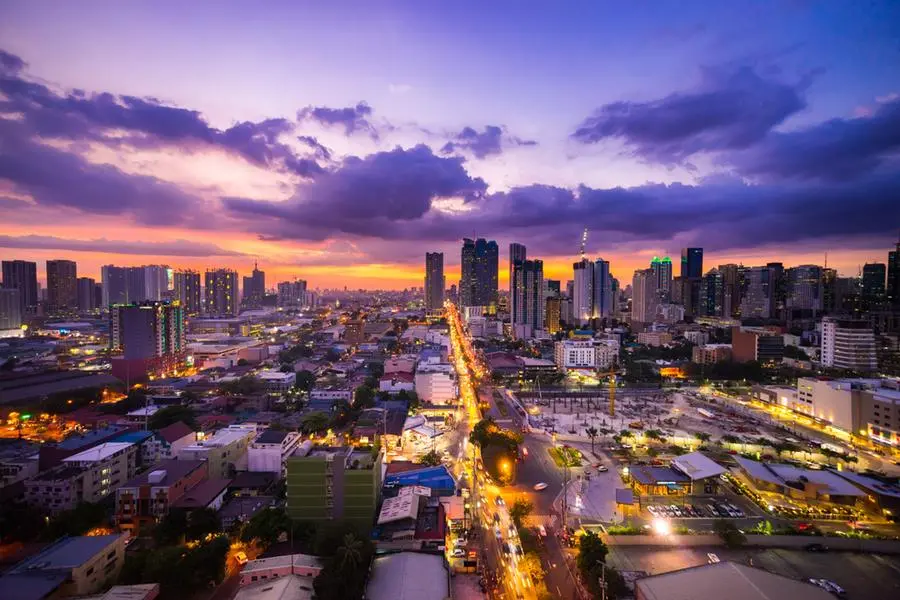PHOTO
The United States is further beefing up its support for the Philippines in establishing a legal framework for the development and peaceful use of nuclear energy sources, according to a visiting regulatory official.
'I think we're going to see a real increase in the tempo of engagement from the US on the nuclear safety aspects,' US Nuclear Regulatory Commission (NRC) chairman Christopher Hanson said.
Hanson, who was on a two-day visit to the country, expects a 'real uptick' in the amount of interest from US companies to work with the Philippine government in exploring and deploying nuclear power.
Hanson's visit to the Philippines followed the entry into force of the landmark '123 agreement' between Washington and Manila to utilize nuclear energy safely.
The deal, signed in November 2023 after about seven months of negotiations, is expected to enhance the two countries' collaboration in fostering clean energy and ensuring energy security.
Hanson and his team met with officials of the Department of Energy (DOE) and the Philippine Nuclear Research Institute (PNRI) to discuss the country's priorities in developing a nuclear safety framework.
The 123 agreement permits the transfer of nuclear material, equipment, components and information for atomic research and civil nuclear energy production.
It will likewise facilitate the streamlining of licensing requirements for the private sector concerning investments in nuclear-related intangible transfers of technology.
'My focus is going to be on whatever companies decide to invest here, and we're helping the Philippine regulator evaluate the safety aspects of the kinds of services and technology that those companies are going to offer,' Hanson said.
Besides helping craft the nuclear regulatory framework, Hanson said they would also conduct workshops here and send three PNRI experts to the US to study nuclear power engineering.
'A lot of our support will be in the form of training and making our experts available… As we get rolling here, a lot of this will be person-to-person type of support,' he said.
Under the Philippine Energy Plan, the country wants to have a nuclear capacity of at least 1,200 megawatts by 2032 and increase it to 2,400 MW and 4,800 MW by 2035 and 2050, respectively.
According to Hanson, the Philippine government has a set of 'aggressive but achievable goals' for deploying nuclear energy.
'When I talked about increasing our support for the Philippine regulator, I think it's based on the articulation of those goals by the Philippine government - projects that are under consideration by the NRC in terms of safety that would be potentially deployed in operation around that same time,' he added.
Energy Secretary Raphael Lotilla earlier said the DOE was finalizing the country's nuclear energy roadmap, outlining the government's key targets that must be achieved to unleash nuclear energy in the country's generation mix.
Copyright © 2022 PhilSTAR Daily, Inc Provided by SyndiGate Media Inc. (Syndigate.info).





















